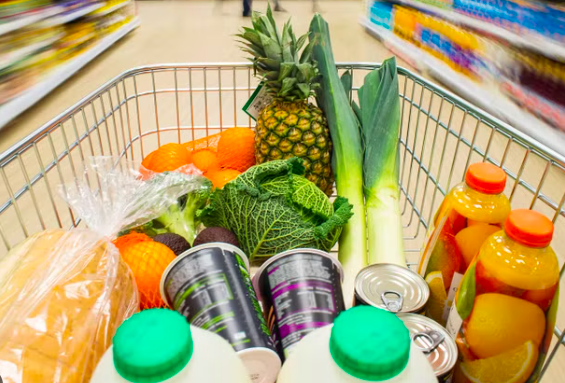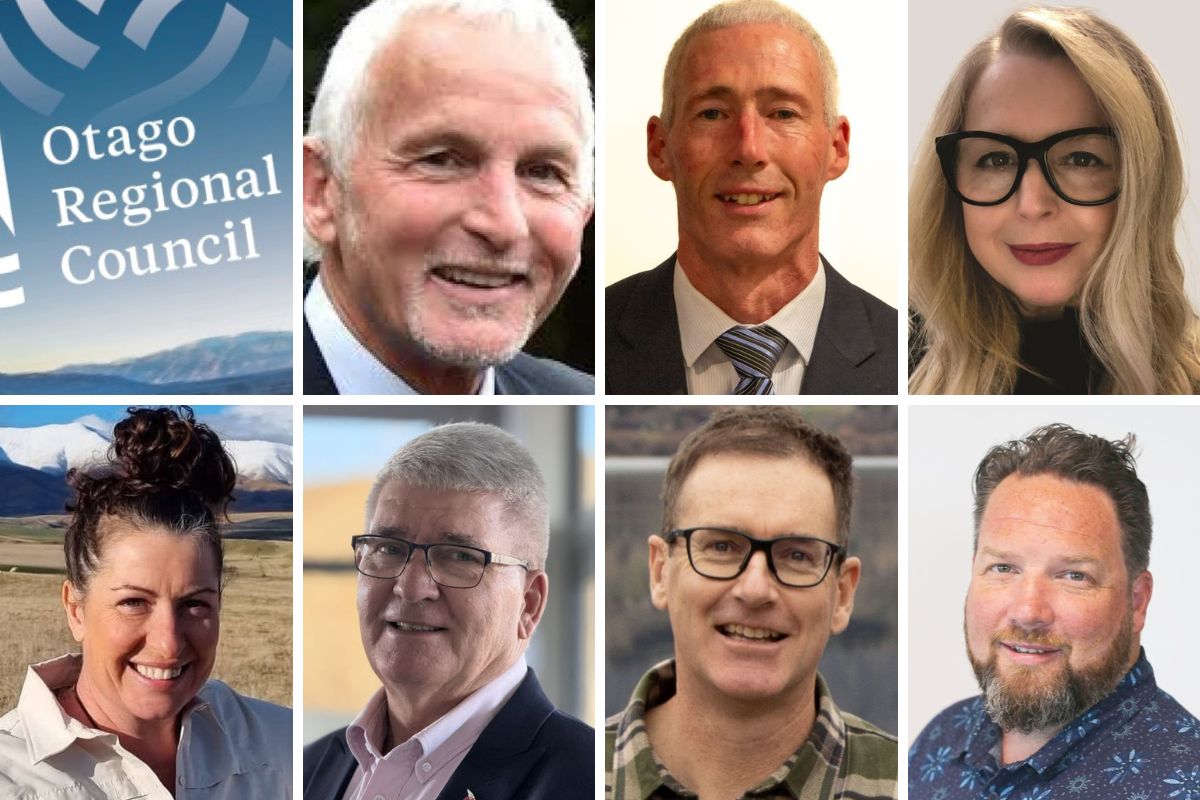Food vulnerability highlighted in report
Maddy Harker
05 October 2025, 4:00 PM
 Almost 95 percent of the food eaten in the district at present is either shipped or flown in, according to a new report.
Almost 95 percent of the food eaten in the district at present is either shipped or flown in, according to a new report. Supporting more local growers, reducing food waste and boosting education on food resilience are some of the key steps needed to help the district become more self-sufficient, according to a new report.
Alongside local action, the Southern Lakes Food Resilience Report says regional and national policy change to empower communities to feed themselves must become a priority.
By the mid 2050s, up to 95,000 tonnes of food may be necessary to feed the Queenstown Lakes district each year.
Almost 95 percent of the food eaten in the district at present is either shipped or flown in, the report by Wao Aotearoa and the Food Resilience Project says.
Meanwhile the district is highly vulnerable to both acute events and long-term shocks.
“Risks to the distribution network include a changing climate affecting growing, climate related and other natural disasters, and geopolitical and health events,” the report said.
“High visitor populations throughout the year add complexity to the challenges.”
‘Growing the growers’ is crucial, the report concludes: Backing current growers and farmers and providing a supportive environment for newcomers wishing to enter the industry.
“Ensuring access to funding and support to help these businesses expand, increasing local food availability and reducing reliance on imports needs to be at the core of any solution,” it said.
This is one of eight key pieces in the ‘roadmap’ to food resilience in the report.
Others include the creation of a food processing hub, where the community has the ability to process its own food locally; community food hubs, to make locally grown food easier to access; and ‘kai commons’, using public land and reserves for food production.
At the local policy level, an ‘emergency food charter’ should be created to respond to “acute shocks” in the food system, and a ‘local food policy’ to embed food resilience into council planning, as well as education, via local programmes and the Southern Lakes Kai Collective ‘think tank’.
The Southern Lakes Food Resilience Report builds on the work in the 2023 Wao Food Resilience Report, which provided a baseline understanding of the food system in the district, as well as hui in 2024.
“At the heart of change lies community resilience - a collective, community led, multi-pronged approach to shifting our food system to address the multiple challenges we face,” the report said.
Residents are encouraged to get involved.
Read the full report here or getting involved at the Wao Summit food resilience day on October 1.
PHOTO: Supplied







